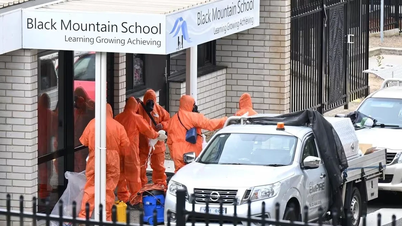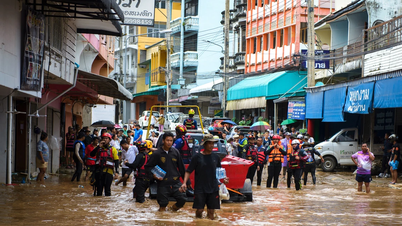This crisis stems from a blockade imposed by the Jama'at Nusrat al-Islam wal-Muslimin (JNIM) rebel group, which has blocked fuel imports into Mali since early September.
Rebels have attacked numerous fuel convoys, causing a sharp drop in supply and paralyzing the economy of this landlocked West African nation. In the capital, Bamako, many gas stations have been forced to close, and residents are compelled to walk, use motorbike taxis, or restrict their movement.
Analysts believe that this blockade campaign is an attempt by JNIM to put pressure on Mali's military government, amid the country's numerous security and economic challenges.
In the capital city of Bamako, many schools are reporting that teachers are unable to reach their classrooms due to a lack of transportation, while students in rural areas are completely isolated. Many parents fear that prolonged disruption will increase the risk of children dropping out of school, especially in areas already lacking educational resources.
Furthermore, rising fuel costs have rendered schools' backup generators inoperable, leading to limitations in online teaching and technical training. At universities, many laboratories have had to temporarily cease operations, degrading the quality of education in science and engineering fields.
Without sustainable solutions to secure fuel supplies and security, Mali risks facing a generation of young people lacking skills and opportunities, prolonging the cycle of socio-economic instability.
Source: https://giaoducthoidai.vn/mali-dong-cua-truong-hoc-vi-khung-hoang-nhien-lieu-post754468.html


![[Photo] Prime Minister Pham Minh Chinh attends the Conference on the Implementation of Tasks for 2026 of the Industry and Trade Sector](/_next/image?url=https%3A%2F%2Fvphoto.vietnam.vn%2Fthumb%2F1200x675%2Fvietnam%2Fresource%2FIMAGE%2F2025%2F12%2F19%2F1766159500458_ndo_br_shared31-jpg.webp&w=3840&q=75)











































































































Comment (0)